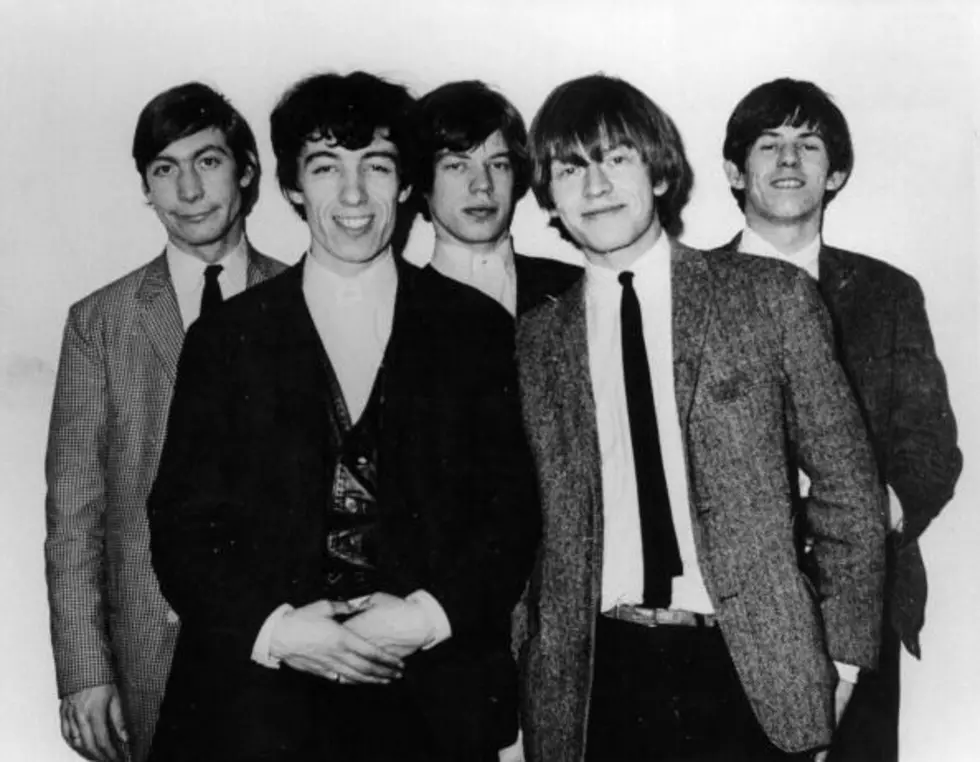
Stones, Bowie, Bruce-Cult Classics
Albums by The Rolling Stones, Bruce Springsteen, David Bowie and others have become cult classics, according to Gibson.com.
The site says, "Stylistically speaking, most artists tend to stick with a winning formula, or at least they stay within certain parameters. Occasionally, however, a major artist takes a severe turn and releases an album so different from his or her previous work, it leaves fans scratching their heads. Such albums are often spurned initially, but in time they can attain 'cult classic' status."
Gibson's choices for the Top 10, in no particular order, are:
Neil Young – Trans (1982): "No album from Neil Young baffled fans and critics as much as this did. Featuring a vocoder on the bulk of the tracks, the disc was inspired both by Young’s love of electronic music (especially Kraftwerk, at that time) and by his efforts to communicate with his son, who was born with cerebral palsy. With time, the album has come to be seen as one of Young’s most interesting and compelling musical projects."
The Rolling Stones – Their Satanic Majesties Request (1967): "Opinion remains divided on this sole 'psychedelic' effort from the Stones, released just six months after The Beatles unveiled Sgt. Pepper. Fitted with mellotrons, orchestration and soundscape textures, the disc was a far cry from the blues-based triumphs that would soon follow."
David Bowie – Young Americans (1975): "David Bowie’s Berlin trilogy (Low, 'Heroes' and Lodger) are generally regarded as his most innovative work, but no disc in Bowie’s catalog marked as severe a stylistic turn as Young Americans."
Bruce Springsteen – Nebraska (1982): "By the time Bruce Springsteen began recording demos for a new album in 1982, his backing group, the E Street Band, were regarded as one of rock’s most gloriously spirited ensembles. As he tracked the demos in rough form on a cassette-tape Portastudio, Springsteen fully intended that the E Streeters would flesh out the songs in the manner of previous discs. In the end, however, everyone involved felt the haunted, desolate beauty of the tracks was best preserved in their original form. To this day, the sparse, acoustic-based Nebraska is regarded as a singular high point in Springsteen’s catalog."
Yes – 90125 (1983): "Although Yes’s lineup changed often during the ’70s, the band had, throughout that decade, held firm to the classically inspired prog-rock on which its reputation was built. This 1983 album changed that. With producer-maestro Trevor Horn at the controls and Trevor Rabin on guitar, the group created snappy, effects-laden pop perfectly suited to the newly launched MTV era. Yes eventually returned to their prog-rock ambitions, but 90125 (along with such singles as “Owner of a Lonely Heart” and “Leave It”) remains one of rock’s most strikingly daring departures."
Todd Rundgren – With a Twist (1997)
Lou Reed – Metal Machine Music (1975)
KISS – Music From “The Elder” (1981)
Johnny Cash – American Recordings (1994)
More From KYBB-FM / B102.7









